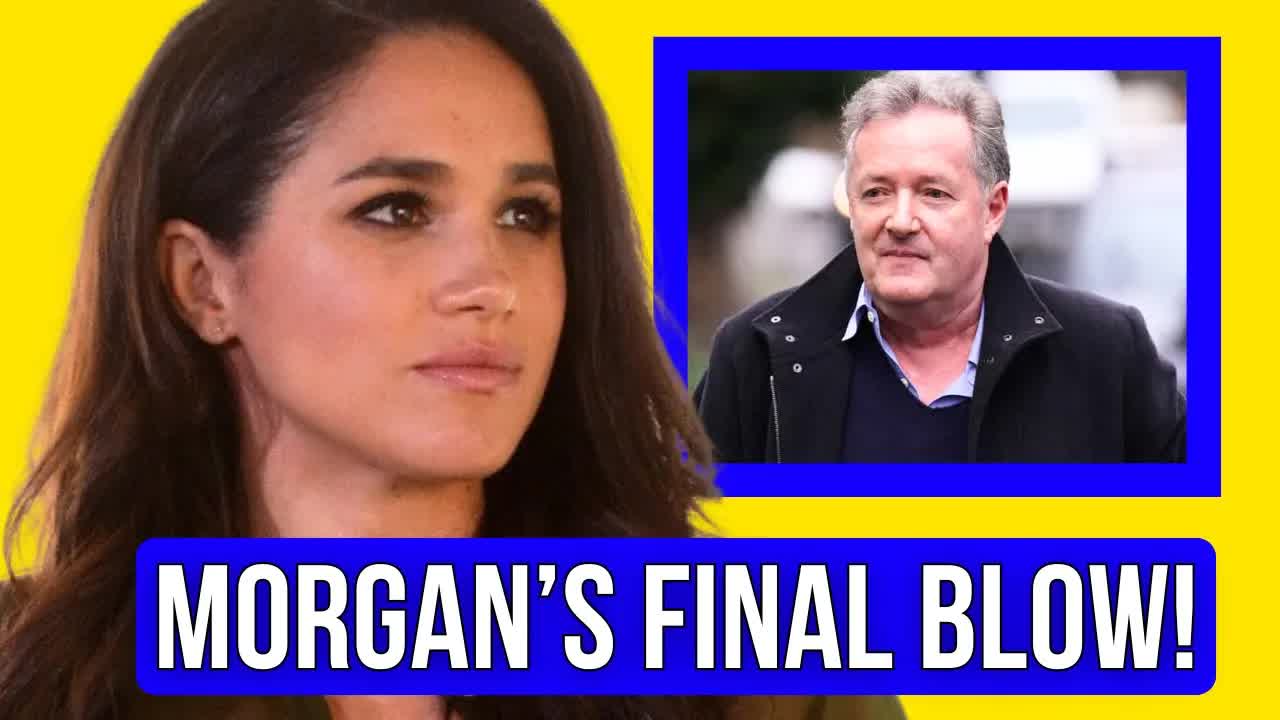In the realm of the British royal family, contrasting paths have emerged, particularly highlighted by Kate Middleton‘s recent project that chronicles her personal battle with cancer.
Unlike the commercial endeavors of Meghan Markle and Prince Harry, Kate’s initiative has sparked discussions about authenticity and the ethics of financial gain in royal narratives.
Kate’s film is a touching portrayal of her journey through illness, crafted not for profit but to raise awareness and offer inspiration.
This choice reflects her genuine commitment to causes that extend beyond mere personal benefit.
The absence of a financial agenda surrounding her story allows her to retain the public’s respect and admiration, setting her apart from other royal projects that often come with lucrative motives.
In stark contrast, Meghan and Harry find themselves under a cloud of criticism for their various media ventures.
Many perceive these projects as a way to exploit their royal heritage for financial gain.
From documentaries to promotional content, their efforts seem more like business strategies aimed at profiting from their royal connections, despite their claims of seeking privacy and independence.
The couple’s decision to step back from royal responsibilities has been met with skepticism, especially as they continue to engage with the media through lucrative deals, such as their Netflix series and memoirs.
This dichotomy raises eyebrows and leads to accusations of hypocrisy, as critics point out that while they condemn the monarchy’s outdated values, they simultaneously benefit from the privileges that come with royal status.
This contradiction has fueled public discontent, particularly among those who feel that Meghan and Harry’s actions undermine the values of privacy and detachment they profess to uphold.










